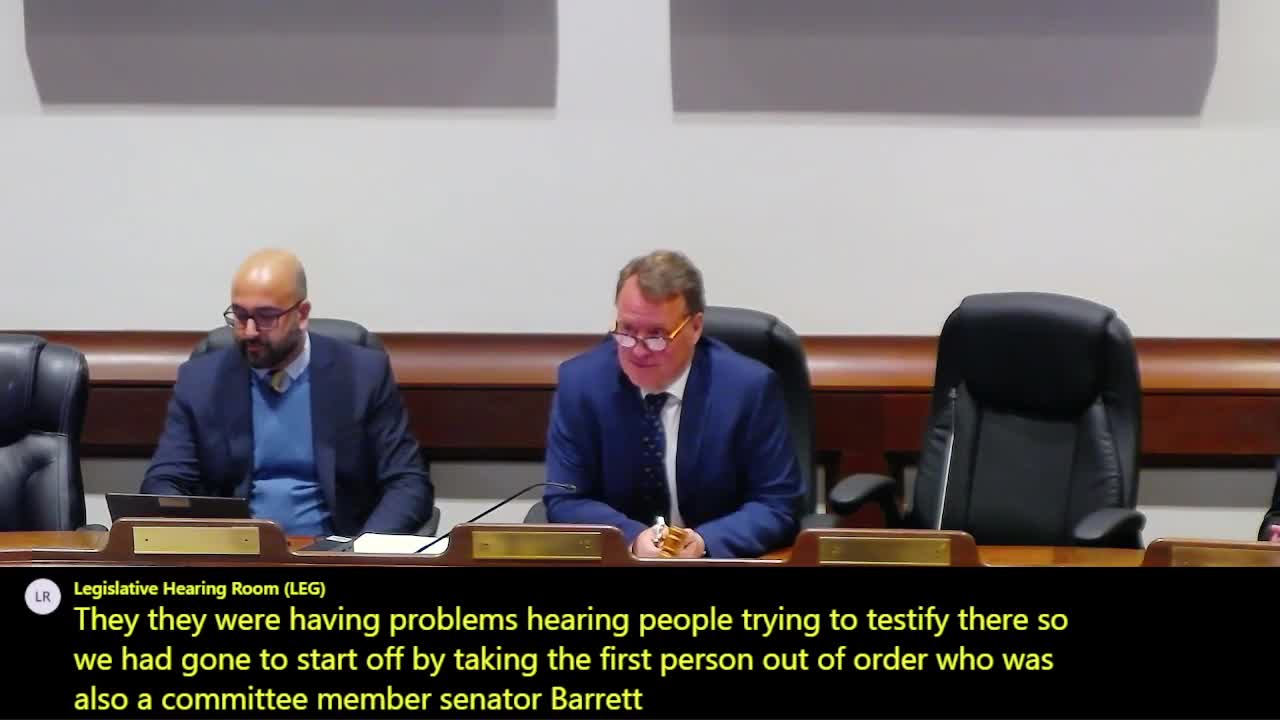Article not found
This article is no longer available. But don't worry—we've gathered other articles that discuss the same topic.
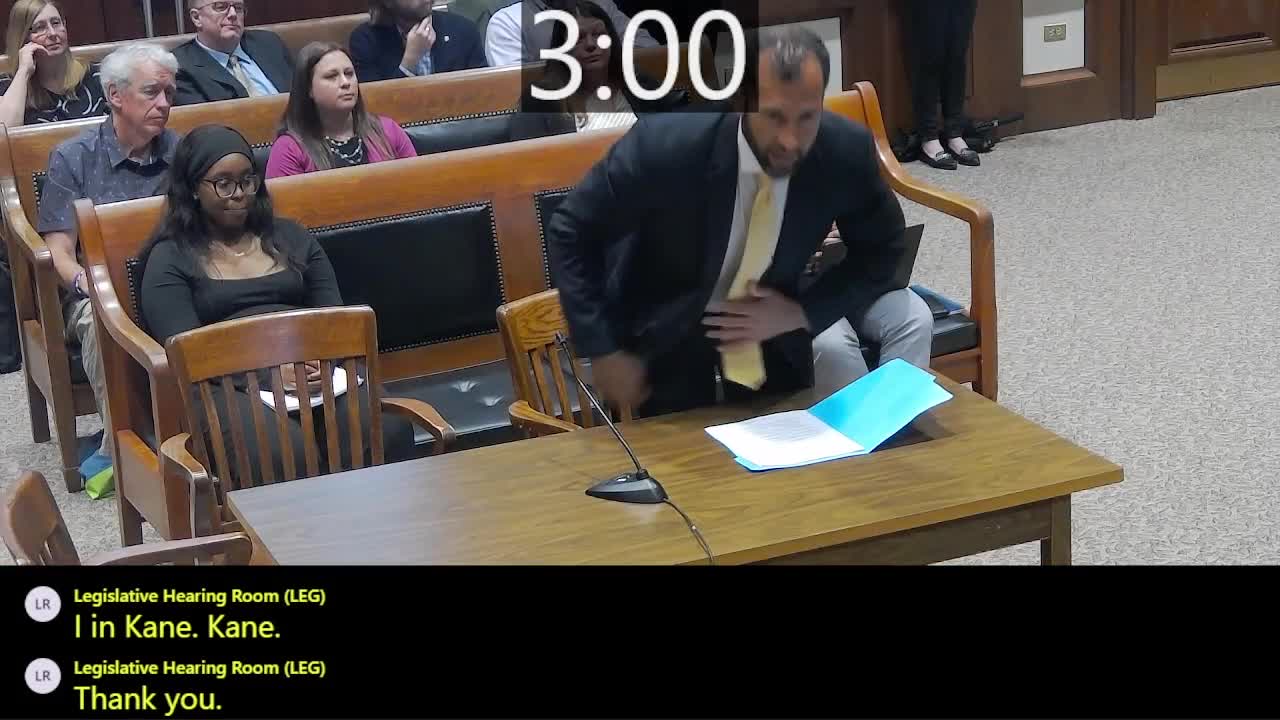
Quincy entrepreneur urges state blockchain commission; sponsors back pilots and consumer education
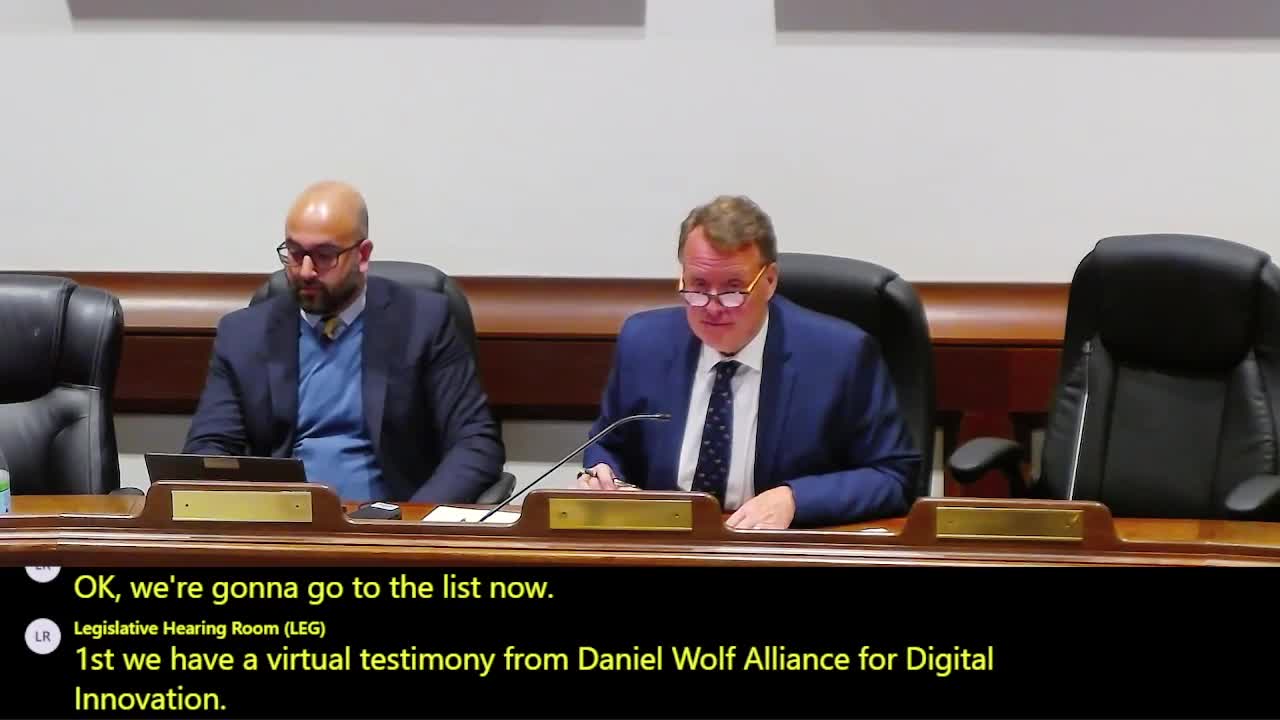
Tech industry backs state technology modernization fund to pay for agency IT upgrades

Advocates press committee to require free broadband in public housing
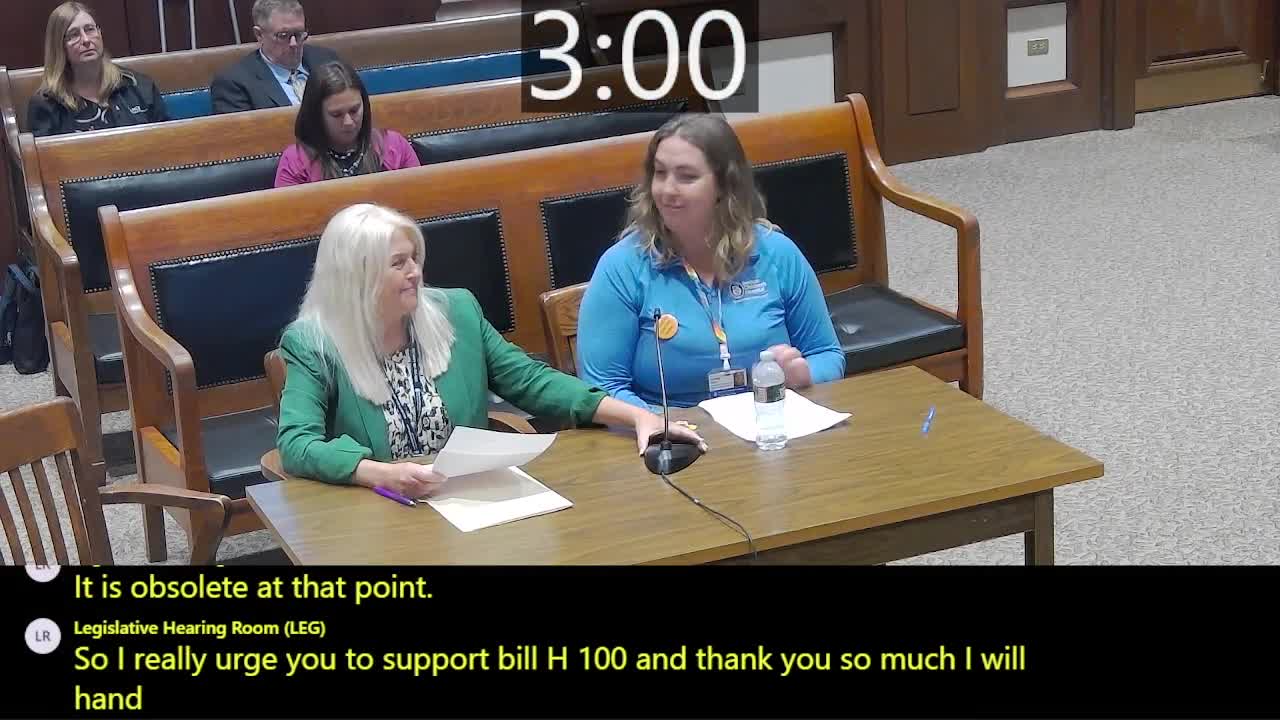
Supporters urge credentialing for digital navigators as health and benefits rely increasingly on online systems
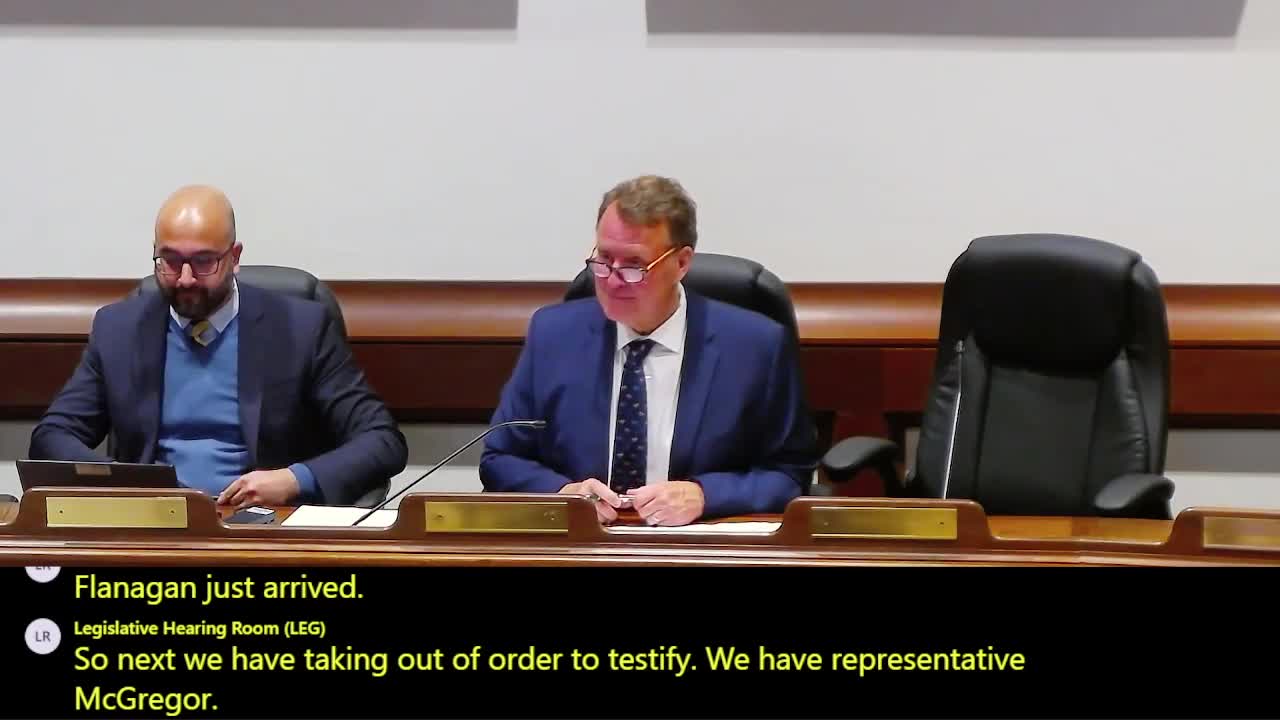
Debate sharpens over bills to limit algorithmic social feeds for minors
